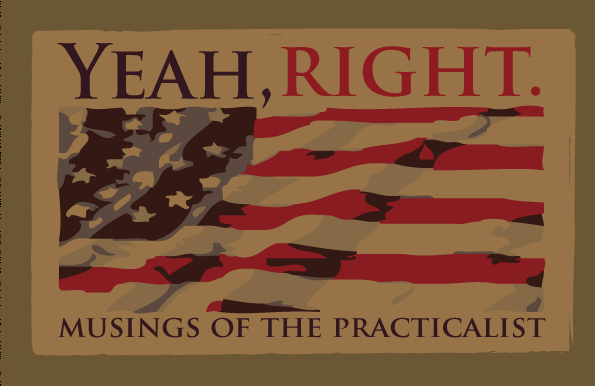Why Protest the Church?
Gay activists are protesting several churches, most pronounced being the LDS Church, because they are angry about losing the ability to wed each other in California. Members of the LDS Church contributed nearly half of the fund to support Prop 8 in California. It is fair enough that gay activists should be angry about losing an election. It is also fair enough for them to believe that they have the right to marry each other. Although I disagree with them, I can concede that they believe it is their right.
I believe that it is not a fundamental right for a man to marry a man. A person's homosexual tendencies are certainly something they have a right to act upon in the privacy of their own home. I do not believe those tendencies make that person any different from me in the eyes of the law. Therefore, I do not believe the law should extend to a person with homosexual tendencies any more protection than it extends to me. I do not have the right to marry a man, two women, or a goat. I do agree that, by law, those rights could be extended to me. But I do not believe that they have to be extended to me. That is because they are not fundamental rights, such as the right to speak freely without censorship from the government.
But even that right, as fundamental as it is, can be restricted where it interferes with substantial and critical societal norms, such as safety, and in some instances, decency. For example, one is not free to yell "Fire!" in a crowded theater because to extend that right would harm those in the theater and cause the government to exert resources that it otherwise shouldn't have to. This is just one example of a societal concern that trumps certain fundamental rights, and is not exclusive. There are numerous other societal concerns that would trump other fundamental rights.
Marriage is one of those rights that is beneficial to society, but which society can define. If society determines that certain types of marriage are harmful to society, then society has every right and responsibility to curb the exercise of the right to marry. In order for society to make that determination, certain elements in that society must be free to exert influence and pressure, in other words, to exercise its right to speek freely on matters of societal concern. This is what happened here.
Now, gay activists have the same right to try to exert influence and pressure on society to see things its way. They certainly exercised that right, and are continuing to do so. What I find rather humorous on one hand and hypocritical on the other, is that they feel that they should attempt to exert that influence on churches. I find this humorous because I consider it to be a great waste of their time and energy. See, the Church believes that God's will is that we should attempt to preserve the sanctity of marriage. There are a number of reasons for this, and you are certainly welcome to speak with a member of the LDS Church to find out why. But if the Church believes this is God's will, and the Church believes that it is led by a prophet of God, then all the protesting in the world will not change the Church's stance.
There are two things I find hypocritical. First, this ridiculous allegation that the Church and its members are bigoted. This coming from a group who is protesting because it thinks religion has no place in this debate. People who espouse homosexuality as OK have adopted a religious stance, whether they want to call it by some other term. They believe that it is OK, and we believe that it is not. But, in the rhetoric, the bigotry comes only from those who claim that it is not OK?
Second, gay activists are calling for the IRS to strip the Church of its tax exempt status. Yet, how many of their organizations are paying taxes on the funds they raised in opposition to the proposition? A church is a social institution, established to promote social values. When those social values are threatened in the political arena, must the Church be expected to simply stand aside, while those values which it promotes and holds dear are threatened? Look at the flip side. Gay organizations are established to promote societal values. When those values are threatened in the political arena, must those organizations be expected to simply stand aside?
All I ask is for some intellectual honesty. If you decide to embrace a lifestyle that you know is offensive to certain religions, don't go demanding that those religions change their doctrines to accept your lifestyle. Live what you believe, try for political change, and try to convince society to accept you. But don't demand acceptance where you, at the same time, refuse to offer it.







